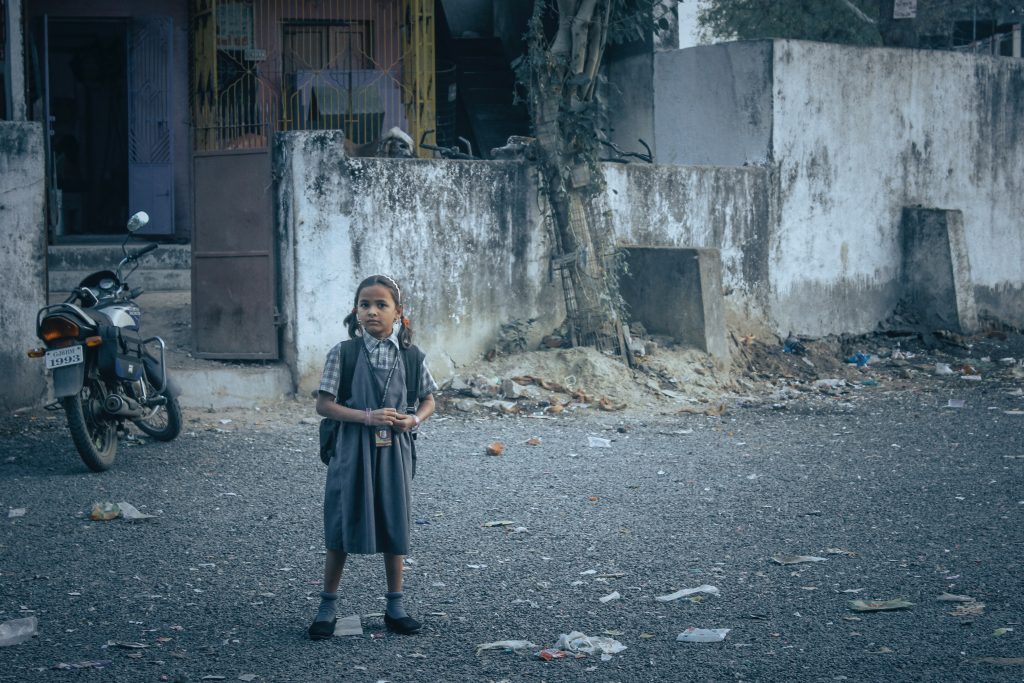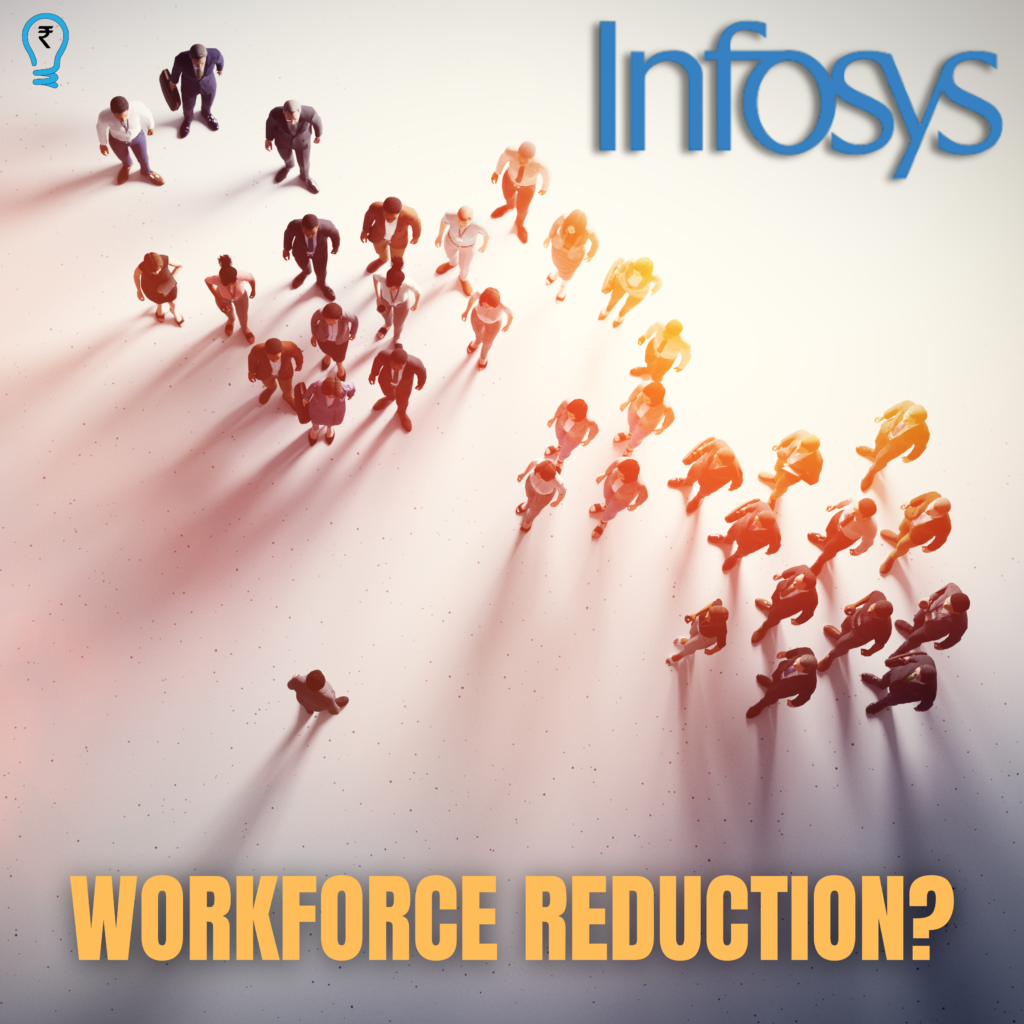It’s 2019. Lakhan* comes home from school. He eats his lunch in a rush and leaves to meet me in the park where I teach him. We go over Linear Equations in Two Variables and Acids, Bases, and Salts. He remarks that none of these things are things that he is actually interested in. I comfort him and lie that academics just get better after 10th grade.
It’s March 2020. My board exams have just gotten suspended because of something called the Coronavirus. I call one of my other students, Rashmi*, and ask how her tests were. They were fine, she hopes for good marks but Lakhan lost his father a month before his exams began.
It’s December 2020. Rashmi and I have started college online. Lakhan has not been to school in almost a year. He has since moved to his parents’ village where the internet connection is erratic at best and non-existent at worst. The device he takes his occasional class on is unavailable most of the time as he shares it with other family members. On a phone call with me, he expresses his hope of learning Accountancy from me in 12th grade.
It is now June 2021 and the virus has officially been around for a year and a half. Lakhan is now in 12th grade. Without ever having attended classes on a consistent basis in 11th grade. Our hopes of studying accountancy are yet to come to fruition.
He is not alone. He is one of the millions of students suffering from Learning Loss in India.
Learning Loss refers to “any specific or general loss of knowledge and skills or reversals in academic progress, most commonly due to extended gaps or discontinuities in a student’s education”.
A UNICEF India survey reported that only 60% of students had access to a device for online classes and out of these students, some of them only had access to shared devices so their access was interrupted and inconsistent.
Another report by the UNICEF office in Bihar estimates that 75 Lakh students will suffer from learning loss in Bihar alone and almost 7 Lakh students are estimated to not return to school when things do reopen.
At the grassroots level, taking the example of an MCD funded school in West Delhi, only 25 students are able to attend online classes consistently out of a class of 40 students in 3rd grade even a year and a half into the pandemic.
While the complaints of my peers in my bubble of privilege were about which online course they should take up in the gap between school and college and their woes were about them missing out on the first semester of college, some students had lost all access to education.
The situation has been difficult for everyone but the consequences are going to be far-reaching for a lot of people.
A McKinsey & Co. report put it well when they said,
“While all students are suffering, those who came into the pandemic with the fewest academic opportunities are on track to exit with the greatest learning loss.”

Teachers and professors are dying, students are losing their families, there are donation pleas on the internet and studies seem to be the least of everyone’s worries.
You can’t exactly distract yourself from the world burning outside your window now, can you?
While working on this piece, I took the opportunity to check in on Rashmi and Lakhan. Rashmi’s health has seen better days, her family is operating on half their usual income and she and her two siblings share one device because they can only afford one data pack. Lakhan’s phone number is no longer functional and from what Rashmi tells me, he is still in the village.
The pandemic hasn’t been kind to anyone but education has taken one of the greatest hits.
Reports have stated that students in schools that cater specifically to low-income groups are estimated to be running an average of 3-5 months behind academically from where they would be in a normal year while their counterparts in higher income brackets are right on track or 1-3 months behind.
In addition to this, estimates state that more than 364 million school children currently do not have access to the meals normally provided by schools worldwide.
These are the costs of a crisis, the costs that not all of us have to bear but, the costs that we all must learn how to share.
As we hope and pray that the world heals soon, we must do better.
Ask. Amplify.
Do Better.
*Names have been changed for privacy.
Deepseek: A journey from Hedge Funds to AI
Introduction: In this busy and bustling day to day life of ours managing our Finances…
Beyond Numbers: The Human Cost of Infosys’ Layoffs and the Global Normalization of Workforce Reduction
A Familiar Script: Infosys and the Corporate Playbook of Disposable Labor: On February 7, 2025,…
Understanding Tariffs and Their Impact on India
What Are Tariffs? Tariffs are taxes governments levy on foreign imports to make the goods more…
The Economics of Player Transfers in Football
Introduction: In the world of football player transfers are more than just transactions, they are…
Session 5
Session 5- Unraveling Equity Derivatives: Insights from the Fifth Development Session The Fifth Development Session…
An Attempt To Deteriorate The Creditworthiness of Indian Entities
Introduction: The growth story of India in almost every sector is not alien to the…








